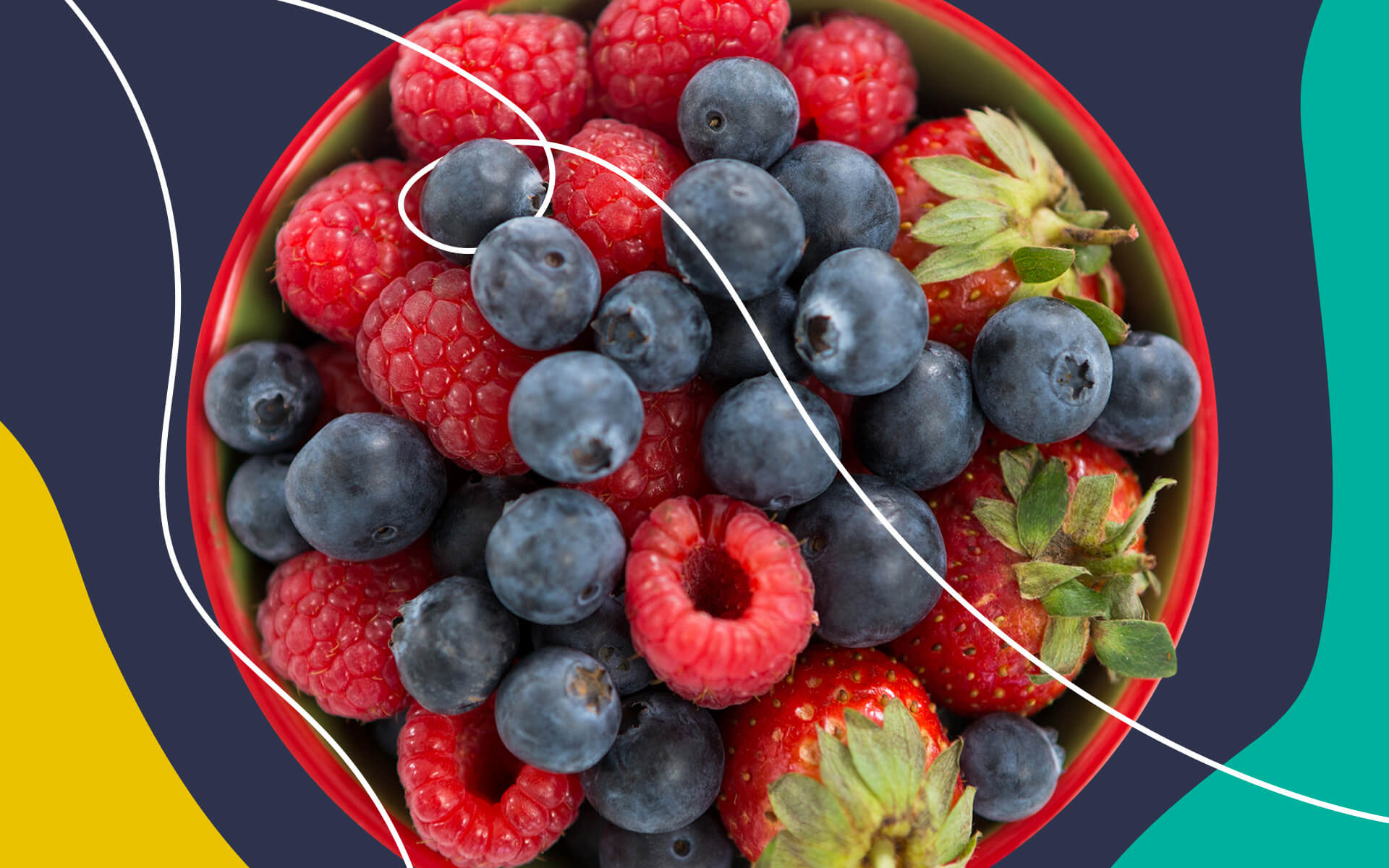
Body + Mind is reader-supported. We may earn an affiliate commission when you buy through some of the links on our site.
Did you know that one in three people will experience a cancerous malignancy in their lifetime? Despite these sobering statistics, scientists believe that as much as 75% of cancer deaths can be prevented.
Maintaining a healthy lifestyle by eating a balanced diet, getting adequate exercise and not smoking are the main ways to prevent cancer. However, new studies have much more in-depth advice on how to stay healthy and decrease the risk of cancer.
Cruciferous vegetables include things like broccoli, kale, cabbage and brussel sprouts. New research suggests that these types of vegetables are especially beneficial in preventing DNA damage that can lead to cancerous cells.
Smoking, vaping and chewing tobacco are known carcinogens, and avoiding them is a simple way to lower your risk of cancer. While some exposure is almost impossible, try as much as you can to limit secondhand exposure to smoke, and avoid situations that allow smoking in poorly ventilated areas.
Being overweight or underweight involves an unhealthy diet and either lack of exercise or too much. Both can increase your risk of developing cancer, since your body is under more stress to handle your high or low caloric intake.
Research recommends getting at least thirty minutes of physical activity daily, though new studies say that this should be the bare minimum. Getting your heart rate up and strengthening your body not only increases energy and fights stress, it also boosts your immune system.
While eating more broccoli may not sound appealing, most of us can get behind eating more berries. Berries of all kinds are rich in antioxidants and phytonutrients, and studies show that colorful berries contain chemicals that help fight cancerous cells.
Unfortunately, genetics can play a huge role in pre-determining your risk for certain cancers. However, just because certain cancers run in your family does not mean you are going to get it. If you are particularly concerned about knowing how to prevent or monitor cancers that you may be at a higher risk of getting, consider a genetic screening, and keep your doctor informed on any family history.
In addition to routine check-ups and screenings at the doctor’s office, there are also many ways you can perform screenings on yourself to make sure you are proactive if something suspicious shows up. The American Cancer Society has a simple reminder for symptoms to look out for, including lumps, difficulty swallowing, change in bowel habits or a sore that does not heal.
You are probably aware that vitamin D works wonders for your immune system and your mood. With more of the population staying inside for work during the day, scientists believe that many people have a vitamin D deficiency. While safe sun exposure is a great way to absorb vitamin D, there are also supplements that may help.
Experts believe that 800 to 1,000 IU of vitamin D daily may reduce the risk of certain cancers. However, supplements cannot make up for other poor lifestyle choices, so make sure you are eating clean and maintaining physical activity first and foremost.
Toxic chemicals are everywhere today, and exposure to some of these chemicals cannot be avoided. We all need to pump gas, buy furniture and mow the lawn. However, consider buying green cleaning products made without harmful chemicals, and stop spraying pesticides on your lawn. Minimizing your exposure to known carcinogens can reduce your risk of developing cancer.
Cancer involves inflammation at the cellular level. While reducing stress may not be a sure way to prevent cancer, it definitely helps strengthen your immune system and decrease inflammation in your body.
Meditation, yoga, mindfulness and acupuncture are just some of the techniques that can help you manage stress. Maintaining a regular routine devoted to balancing your mood can help your body be more resilient.
There is no one way to prevent cancer. However, living a healthy lifestyle is incredibly important. Taking proactive steps to protect yourself and strengthen your immune system is vital. From meditation to cleaning products to eating more broccoli, a few small lifestyle changes can make a big difference.
Your email address will only be used to send you our newsletter, and at any time you may unsubscribe. For more information, see our Privacy Policy.